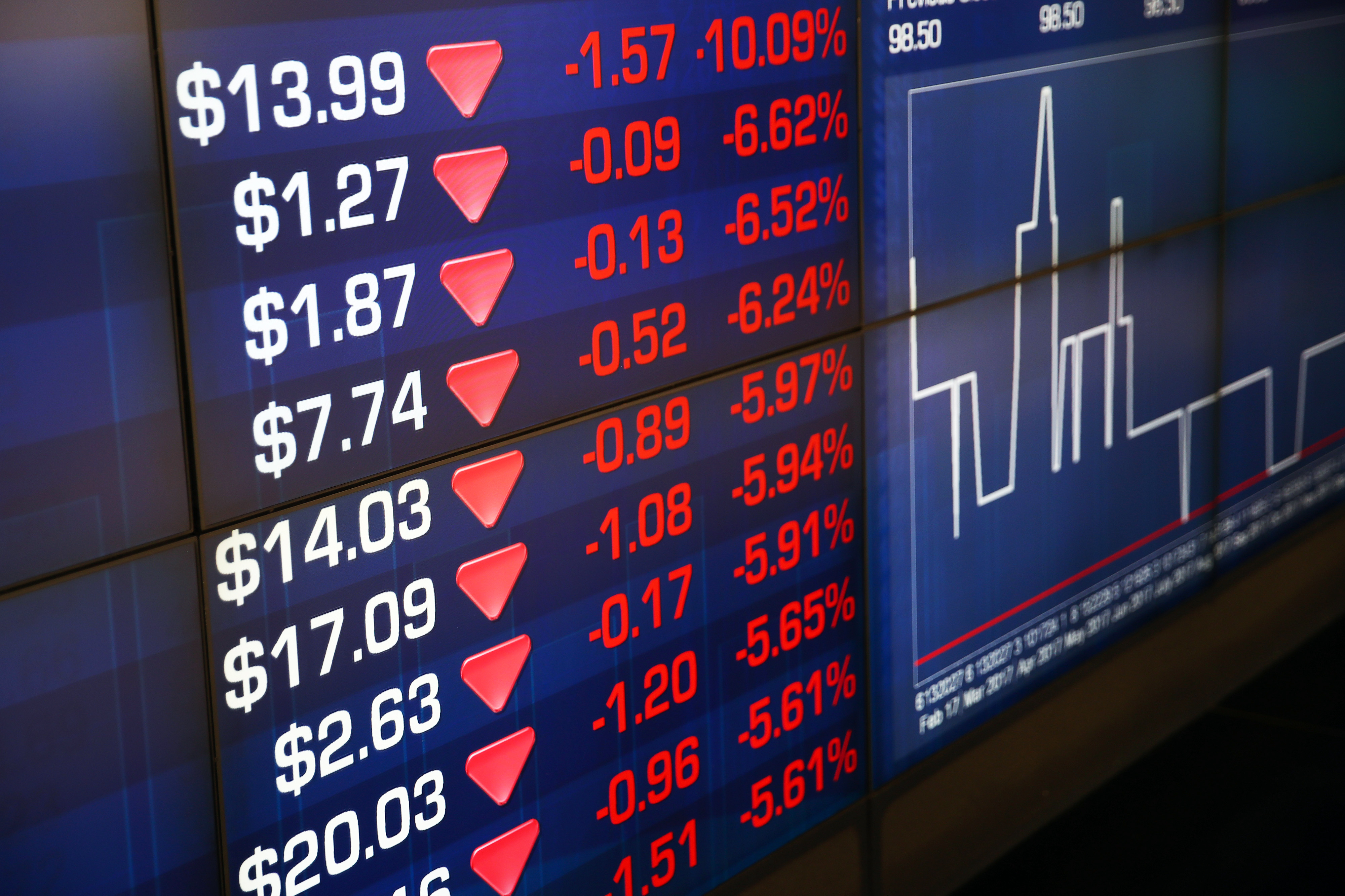A Positive Look at Market Declines

WHILE President Trump’s daily “booming stock market” mantra has been eclipsed in recent days, Newsroom’s financial commentator has a calming perspective on the recent volatility.
By Mark Scheinbaum
MIAMI (Feb. 6–When the major stock market indicators drop more than 4 percent in one day, it is easy to become a disciple of doom and gloom.
For very short term investors and those with no risk tolerance in their temperament, feelings of fear must be respected. Any financial professional dealing with men and women who are reacting with fear and uncertainty needs to be attentive and realistic. Basically, some people should not be in the stock market or feel pressured to invest.
But those of us who have survived the corrections, Bear Markets, crashes, recessions and excessive exuberance of the past three decades might be able to calm things down a bit.
Now is the time for a quick look at the past, present, and future of equity markets in volatile times.
Let’s start with the present. If in the past week or two you loved Dunkin’ Donuts—for whatever reason, including love of their coffee or their Baskin Robbins ice cream—and decided to buy the stock at $68 a share for your long term investments and you see the stock $8 lower in one day, what do you do now?
Ask yourself, “What, if anything, has happened fundamentally to keep me from buying more during a “correction” at $60 a share?” If technically the stock falls to $55 but also shows a target of perhaps $72, why would this deter your purchase if you have the buying power? You are unlikely to select the precise “top” or “bottom” of a market by “timing” economic and political events, but selling all of your Dunkin’ Donuts in a huff might not be prudent for your particular needs
View from the Pru
As for the past, there were many hints of an “overheated” market. When insurance giant Prudential polled more than 100 of the portfolio managers who help manage their $650 billion in pensions, they offered some interesting views. For example they expressed some contrarian views to the public’s love affair with “FAANG” stocks (Facebook, Apple, Amazon, Netflix, Google), and looked into some non-glamorous bond areas such as Indonesia and Turkey. Similar views were available from other sources in the financial press in recent weeks.
Prudential noticed In December a large “overweight” position in FAANG stocks began to change. In recent weeks, the money management professionals lightened up on these tech high-flyers and went from around “overweight” to a normal or even “underweight” (smaller portion of their holdings in these companies) positions. Investors who watched or read financial news recognized this type of change*
Car market
As for the future, this morning’s Quartz business briefing, available free to everyone online each morning (some of their stories have a “paywall” but most don’t) discusses some interesting trends, even as markets gyrate**
- GM continues to sell cars, innovate with new technologies, and look forward to the next generation of auto/robo cars and changing consumer needs.
- BP has pretty much come through the debacle of the massive Gulf oil spill and low global oil prices, improving management, and, by the way paying around a 5% stock dividend at current levels. Stock prices might go up and down, but even with rising Treasury interest rates there are still people looking for common stocks with high and hopefully reliable dividend yields.
- Disney is crunching the numbers and analysts are figuring out the long-term benefits of the Fox acquisition for Disney, but along the way some recent movies might bring blockbuster numbers to some old core business sectors of the entertainment giant.
Research from both Prudential and Goldman Sachs also indicates that for those who are taking a bit more risk, even one area of the bond market might have total returns which are attractive right now. Aside from different opinions about the stock markets in smaller economies, there is a consensus forming about Emerging Market Debt instruments.
This over-simplifies things, but basically there are professionals who view the debt (bonds) of carefully selected issuers in Indonesia, Argentina, Turkey, Mexico and a few other “emerging” markets have been and will continue to outperform many other sectors.
These are just a few points to consider when being tempted to “throw out the baby with the bathwater.”
One must always point out with stocks, bonds; domestic, international etc that your own financial goals and needs, risk tolerance, and personal circumstances must be evaluated, and past performance is no guarantee of future results.
The use of covered call writing, insured variable annuity portfolios, some special defensive funds and ETFs, of course, are also a few strategies to reduce some risk, but can get more complicated for some casual investors or even folks who “trade” their own money, but perhaps the thoughts above are productive for many readers.
- The foregoing does not constitute research, nor should it be considered “investment advice” nor a solicitation to buy or sell. Each investor’s situation and goal is different.
- The author does not own, nor hold for any portfolios he manages any of the FAANG common stocks.
- **Prior to the recent decline the author may have purchased, and/or still holds or might add to positions in GM, BP, Dunkin and DIS.It was purely coincidental that three of these stocks showed up in the daily Quartz briefing today.
- Mark Scheinbaum, managing director of Shearson Financial Services LLC, member FINRA, SIPC is a veteran investment professional, former business editor and publishers and adjunct professor of Comparative Politics at Florida International University, Miami. Email: mscheinbaum@shearsonllc.com
###





